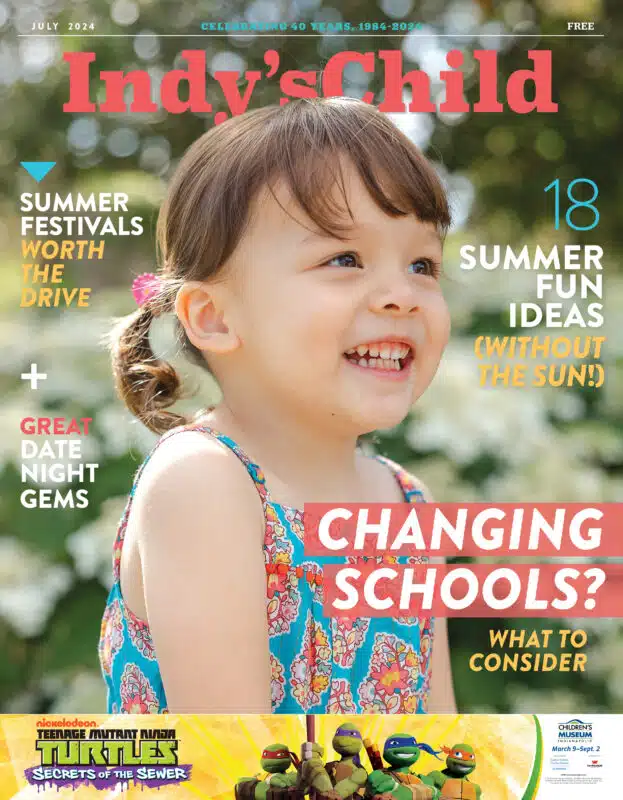Relationships and friendships are important, and parents of children on the autism spectrum know that making friends isn’t always easy for some children on the spectrum. While it may not be easy, that doesn’t mean it’s impossible.
Ann Baloski, chief executive officer of Behavior Works ABA in Indianapolis, offers parents some suggestions on how to help and encourage these friendships.
What should parents consider when trying to help kids with autism make friends?
Children with Autism Spectrum Disorder (ASD) might not be as automatically inclined to seek out friendships as children who are not on the spectrum. When autistic children do get involved in peer play, they may do so in unexpected ways. For example, an autistic child may stand in front of another child during a game of tag. So that the other child accidentally runs directly into them. In this case, the manner in which the child interacts with peers often can be characteristically non-vocal.
In therapy, we often must teach the words to use to support peer interactions. Words such as “Do you want to play with me?” Or “I want to play,” must be taught and reinforced, just like any other skill taught in therapy.
Related Article: How to Explain Autism to Children
Play with children can be unpredictable. We have found that the more predictable you can make the experience, at least at first, the more success you will have. For example, playing games like Zingo with a few adults and children can create a safe environment of interaction. With a set of rules that are understood by both the ASD child and the peer playmates.
Clearly, autism is a spectrum and these are general guidelines that may not be a perfect solution for all children on the spectrum.
What are some things parents can do to help kids with autism make friends?
It is important to provide frequent opportunities to interact with peers. It may be more helpful to have one to two familiar typical peers to interact with, as this helps the child know what is expected in play.
It is also helpful to set up the activity for success. For example, if your child loves to play board games, consider using this activity as one to share with a peer. You may want to consult with a professional about the specific ways to introduce peer sharing and interactions. Some children have very specific behavioral rigidities around highly preferred toys.
And lastly, do not assume your child knows what to say, or how to play. Supervise the play and be available to provide a model for appropriate language to use during interactions.
Relationships don’t form overnight. So be sure to give your child plenty of time and opportunity to learn how to interact and develop these relationships.
Also, if your child is someone who needs structure and consistency. Be sure to prepare them and talk about what they can expect during their time with their peers. Talk about what may happen and ways to deal with those things as they arise. And be sure to give both you and your child grace as you navigate the road to friendship.








